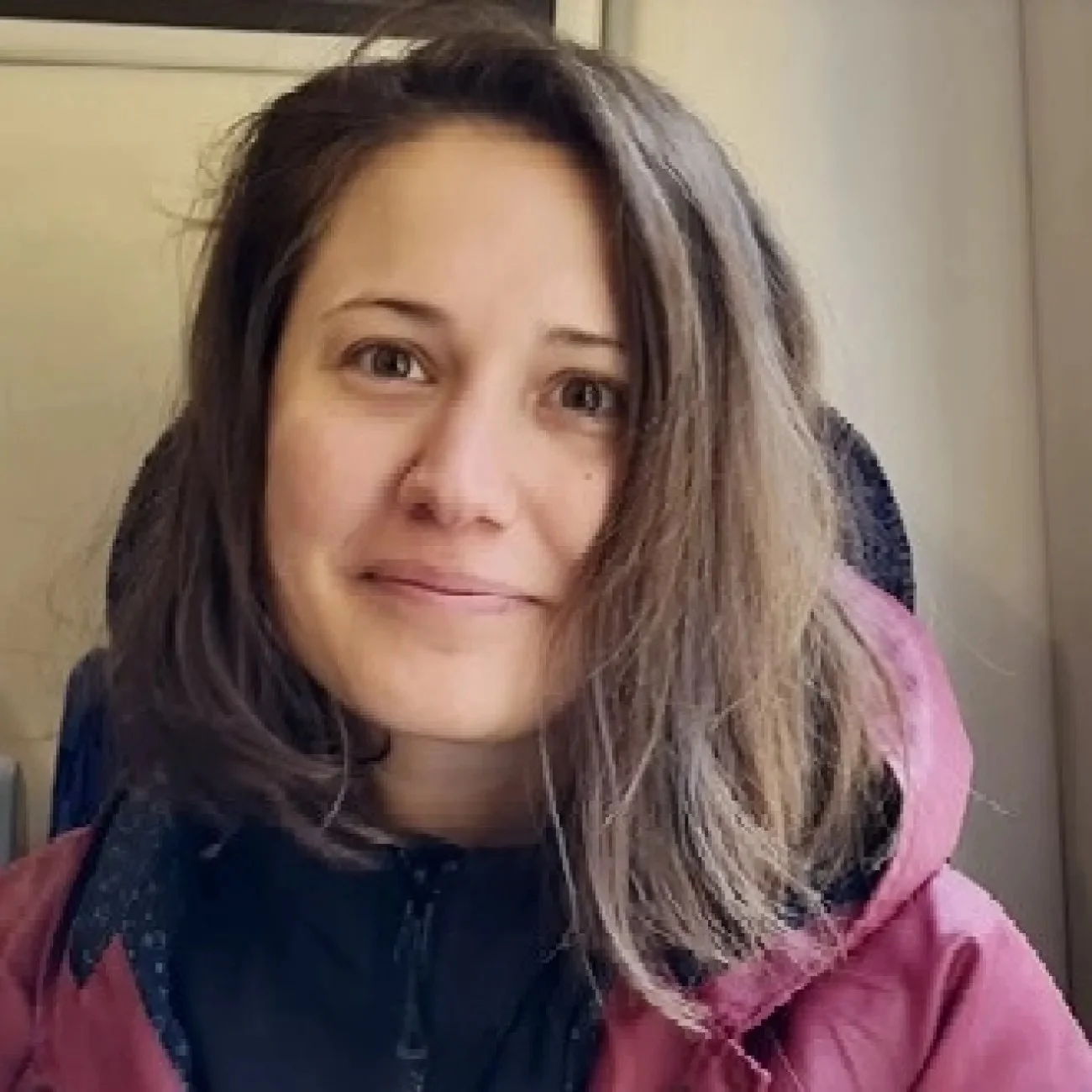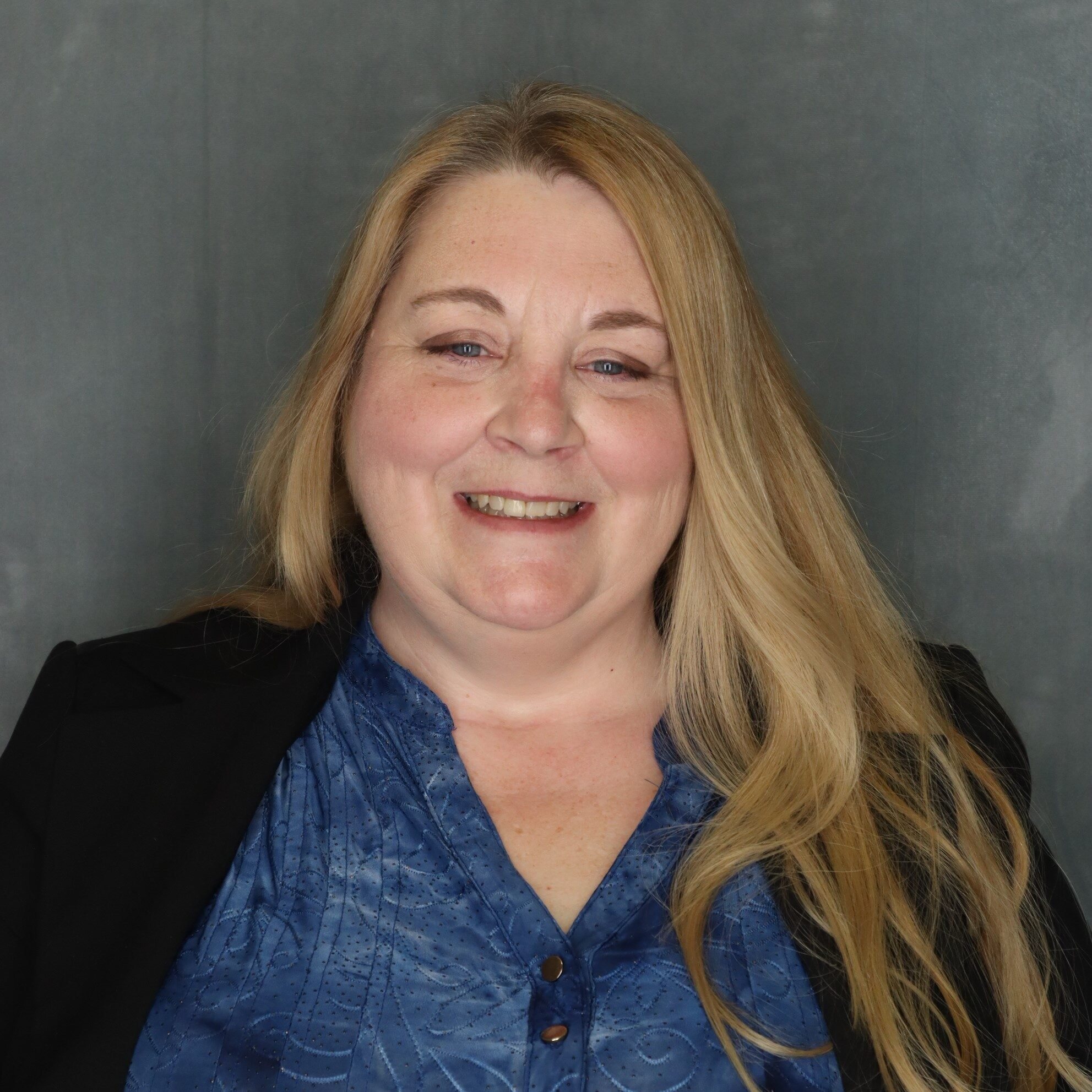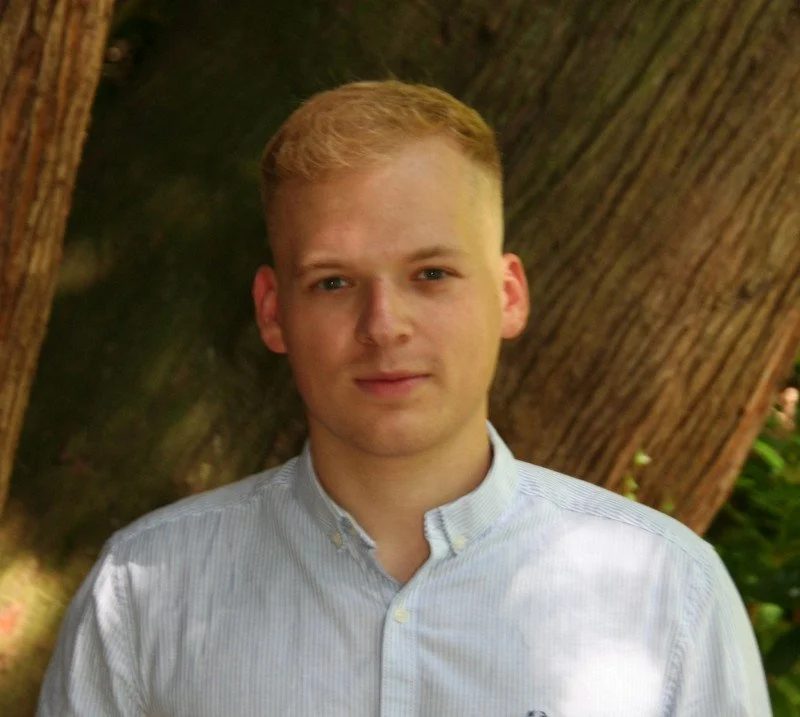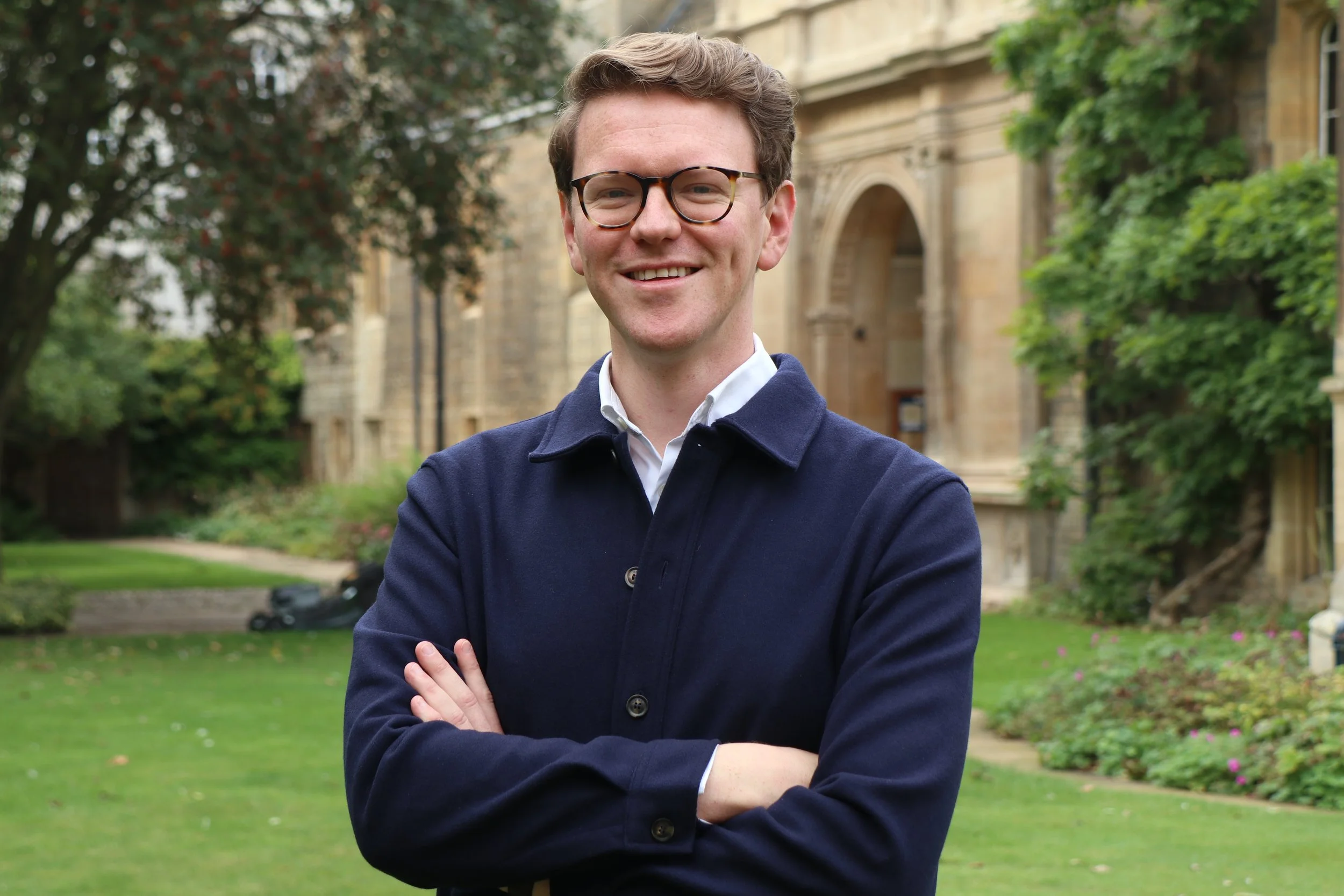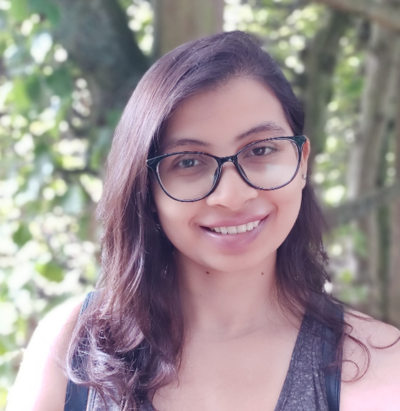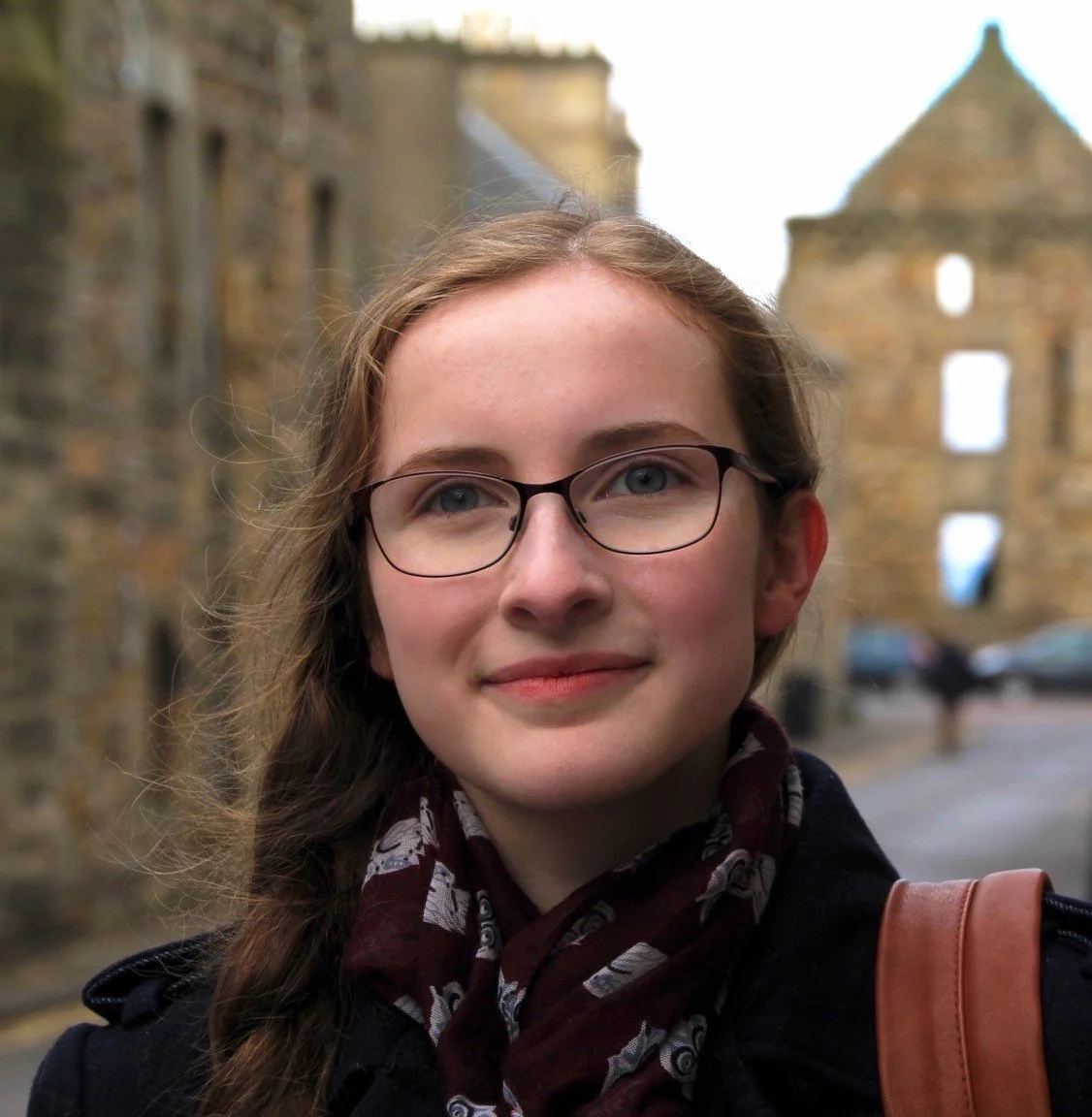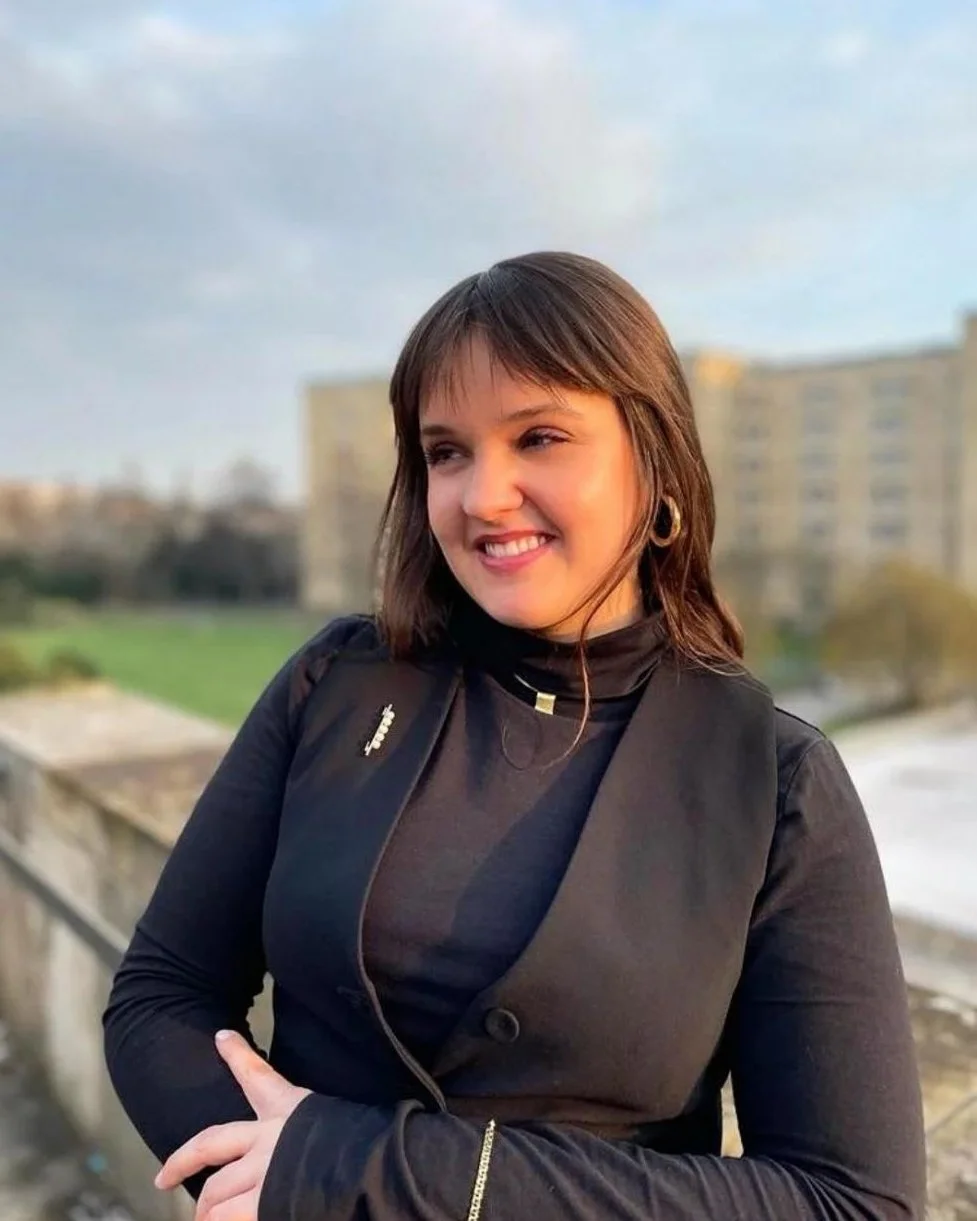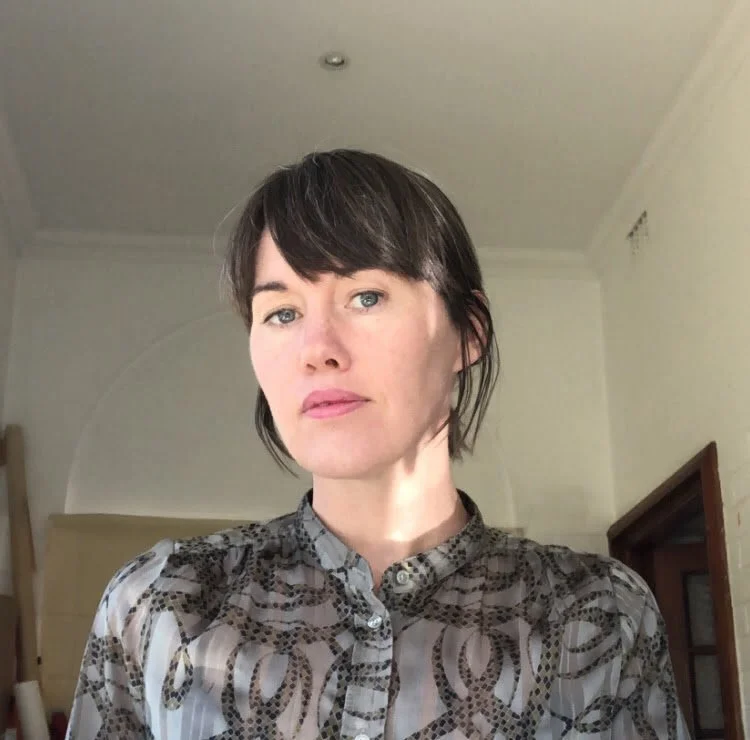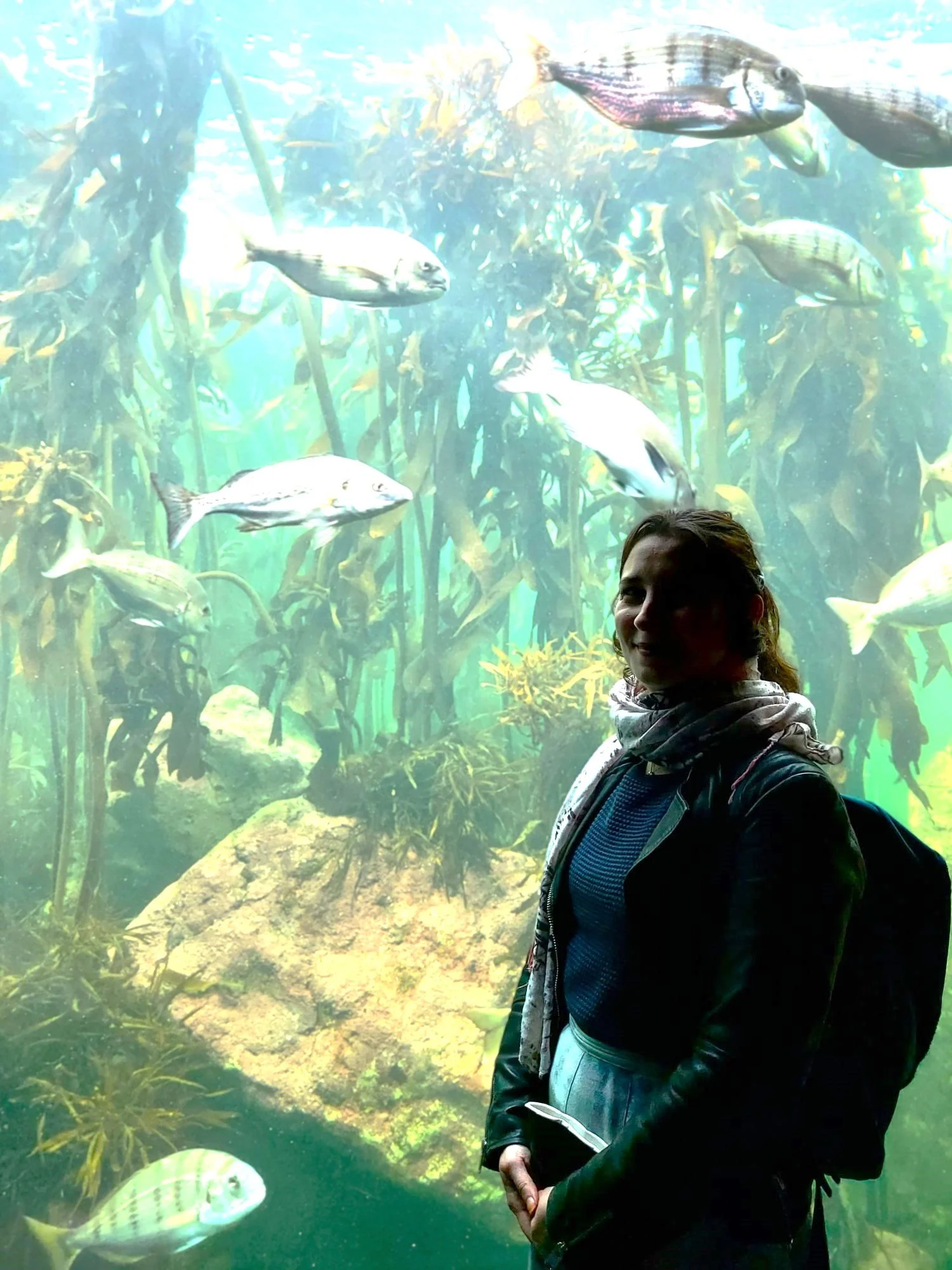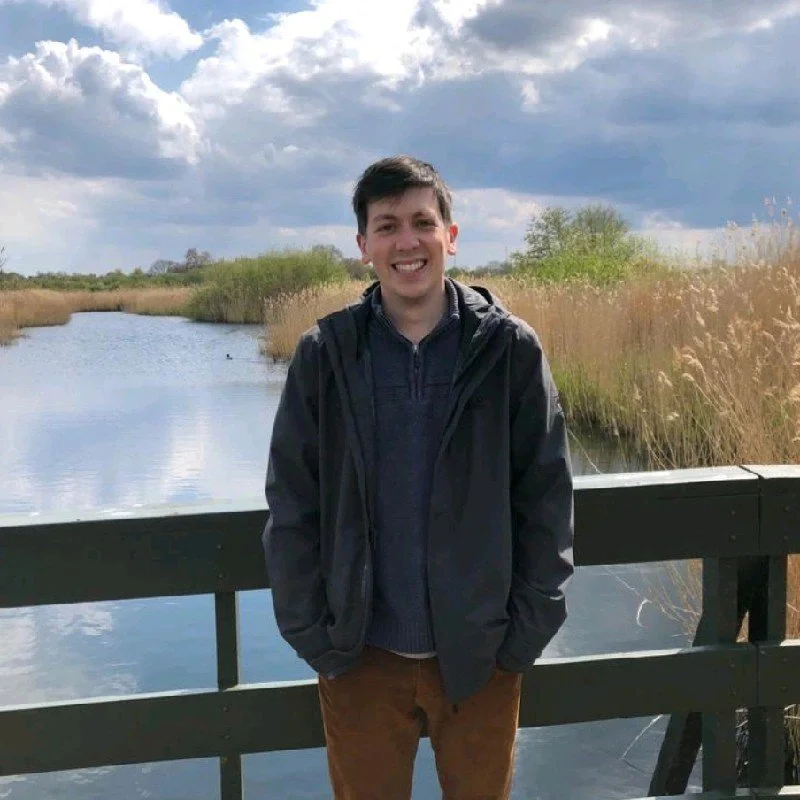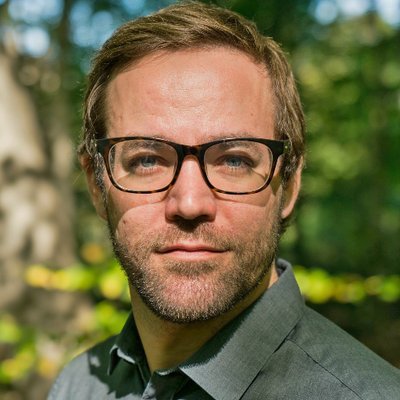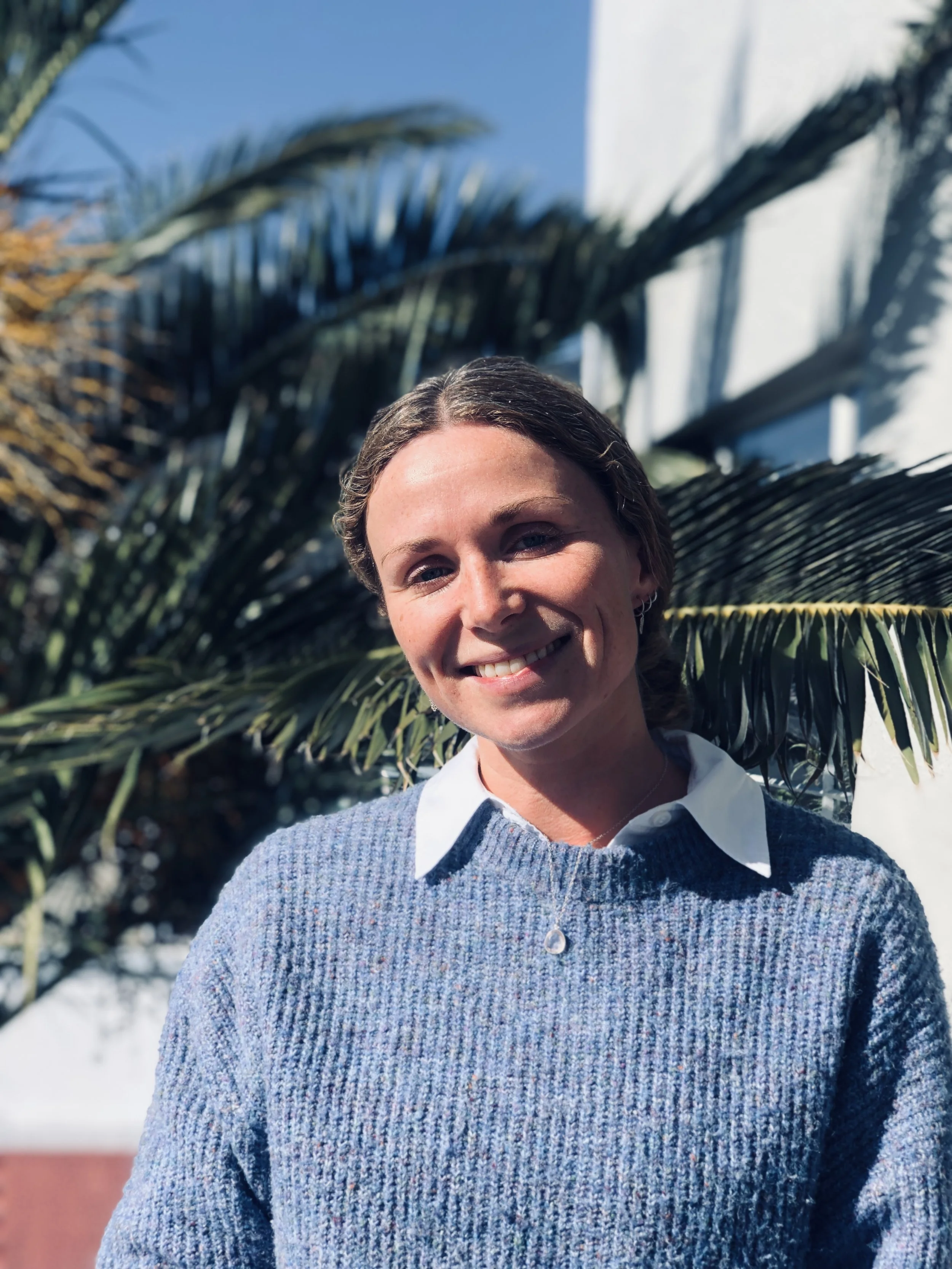Our members
-
![]()
Dr Josephine Goldman
Josephine Goldman (she/her) is a casual academic at the University of Sydney. Her recently completely PhD project, entitled “Diving into heavy waters: Water and gender in contemporary francophone Caribbean and Oceanian art and literature”, explored how cultural and gender identity shape expressions of human-water relationships, the transnational networks of connection present in local imaginaries of water, and the capacity of water as a material which holds onto the past and incubates imaginations of new futures. Her newer research focuses on historical and contemporary interactions of water and sound in Francophone Oceanian art and knowledge circulation, with a particular focus on podcasting.
She is a co-founder and co-organiser of ESTUARY.
-
![]()
Dr Giulia Champion
Dr Giulia Champion (she/her) is a Research Fellow (Anniversary Fellowship) at the University of Southampton, UK. Her work investigates different communities’ engagement with and representations of the seabed through finance, governance, culture and science. Her current project explores how these engagements emerge in the creation of a regulatory framework to mine deep-sea polymetallic nodules from the seabed in the Pacific. Also called deep-sea mining, this type of extraction is supposedly needed to gather the minerals necessary for our energy transitions. Her work asks whether we can decarbonise beyond extractivism by considering degrowth and mineral recycling. She is co-founder and co-organiser of ESTUARY.
-
![]()
Dr Heather Davis
Heather A. Davis (she/her), PhD, is a Health Policy Postdoctoral Research Fellow at the University of Tennessee. As an early career health geographer, she focuses on health genealogies, older women’s health and stigma, blue health, therapeutic landscapes, GeoHumanities, health / medicine humanities, feminist and critical geographies, health inequities, end-of-life care, and mixed-methods creative methodologies. She is also a multi-award winning professional spoken word poet, literary writer, independent filmmaker, and community DJ / radio host / producer. Her focus is on how these aspects of health intersect with place to shape people’s perceptions, experiences, and expressions of health and wellbeing.
She is a co-organiser of ESTUARY.
-
![]()
Dr Elis Jones
Elis Jones (he/him) is a researcher focused on the philosophy and sociology of the marine science, particularly coral reef science. He is interested in how researchers make judgements about the normal states of the systems they study (so-called 'baseline states'), how various forms of value impact the concepts and practices of science (including the value of the things being studied, such as the various ways coral reefs are considered valuable), and the interplay of ecological and scientific systems (such as the ecological impacts of science). He is also a part of the Marine Science Studies network.
He is a co-organiser of ESTUARY.
-
![]()
Dr Prema Arasu
Prema Arasu (they/she) is a writer and poet interested in the phenomenology of the deep sea. They have an MLitt in Modern and Contemporary Literature and Culture from the University of St Andrews and a PhD in Creative Writing from the University of Western Australia. Dr Arasu is interested in how speculative fiction and experimental forms might provide us with new ways of talking about and conceptualising the oceans, particularly in the context of the Anthropocene. Their approach is interdisciplinary; integrating the methodologies of literary studies, creative arts, environmental humanities, philosophy, and science communication. They are also a part of the Deep-Sea Research Centre.
-
Dr Geoffrey Maguire
Geoffrey Maguire (he/him) specialises in contemporary Latin American film, literature and visual art, with particular interests in queer theory, cultural memory and sexuality studies. His current research project, Un/Natural: Marine Sexualities and the Queer Ecological, draws queer theory into dialogue with the blue humanities and marine biology through a range of contemporary cultural texts. He is the author of Bodies of Water (2024), The Politics of Postmemory (2017) and, with Rachell Randall, New Visions of Adolescence (2018). He is particularly interested in the fields of queer ecologies and the blue humanities.
-
![]()
Saanika Patnaik
Saanika Patnaik is interested in studying urban landscapes and coastal societies within the broader exchanges of the Indian Ocean world. Her research project lies at the crossroads of urban history, spatial history and Indian Ocean studies, and focuses on the nature of port cities situated on the south Konkan coast in the early modern world. She intends to study the themes of space, community, coloniality and impermanence in these cities. She is also interested in looking at the formation of heritage through architecture and material remains in these coastal spaces. Saanika completed her Bachelors in History from Ashoka University before pursuing her Masters in Colonial and Global History from Leiden University. She knows Oriya, Hindi and French, and is currently learning Persian, Marathi and Dutch.
-
![]()
Rachael E Murray
Rachael E Murray (she/her) is a Carnegie PhD Scholar at the University of Glasgow with an interest in all things dark, deathly, and disconcertingly liminal. Her thesis project, ‘Dead Water: The Aqueous “Beyond” in Romantic and Victorian Gothic’, focusses on watery imagery and littoral/riverine spaces in articulations of death across 18th–19th century women’s Gothic writing, and was awarded the Robertson Medal for Arts, Humanities and Social Sciences by the Carnegie Trust in 2022. Her EcoGothic reading of seaweed and more-than-human entanglement in Eliza Cook can be found in Litteraria Pragensia, and she occasionally digresses about exploding Victorian fish.
-
![]()
Dr Beth Kearney
Beth (she/her) is an early career researcher and casual academic based in Meanjin. She works on contemporary literature and visual art from across the Francophone world.
-
![]()
Clara Hebel, M.A.
Clara Hebel (she/her) is a PhD candidate at Goethe University Frankfurt am Main. She specialises in World Anglophone Studies with a focus on transculturality, planetarity, ecocriticism and the Blue Humanities. Clara has studied in London, Toronto and Frankfurt and completed her Master’s degree “Moving Cultures – Transcultural Encounters / Culturas en movimiento – encuentros transculturales” at Goethe University in 2023. As a journalist, she interviewed authors such as Reni Eddo-Lodge, worked for community radio station Vokaribe in Barranquilla, Colombia and is currently writing for the climate newsletter of the newspaper Frankfurter Rundschau. Her PhD project has the working title "Transcultural Blue Humanities and Planetary Relationality in Contemporary Anglophone Literatures and Films" and investigates how across vast regions, literatures and films are created that mobilise the aquatic for their expressions of relations.
-
Dr Meghan Judge
Meghan Judge (she/her) is an artist and lecturer interested in sensory orientations, ecological relations and undoing epistemic violence. Her practice is based on sonic, filmic and interdisciplinary project-oriented work. She is a lecturer in the School of Geography, Archaeology and Environmental Studies through the Origins Centre Association at the University of the Witwatersrand where she lectures in environmental communication and has set up a master's curriculum in science communication. She was a fellow at the South African Chair in Science Communication and holds a PhD in Fine Art from the University of the Witwatersrand where she was a fellow in the Oceanic Humanities for the Global South project at the Wits Institute for Social and Economic Research (WiSER). She enjoys roaming along river edges and swimming in salty waves at sunset.
-
![]()
Marion Troxler, MA
Marion Troxler (she/her) completed her studies in English Languages and Literatures and World Literature at the University of Bern and has joined the SNSF-funded project "The Beach in the Long Twentieth Century" for her PhD in 2022. Drawing on the Blue Humanities, Ecofeminism as well as Animal and Gender Studies, Marion's project hopes to contribute to understanding how embodied hybridity in merfolk literature serves as a means of resistance and engenders possible counter-narratives to hegemonic patriarchal power structures.
-
![]()
Dr Karl Emil Rosenbæk
Karl Emil Rosenbæk is a postdoctoral researcher at the University of Southern Denmark’s Elite Center for Understanding Human Relationships with the Environment (CUHRE). His research focuses on contemporary petrofiction and coastal fiction in relation to the current planetary emergency.
-
![]()
Rhys Anil Madden
Rhys is a researcher interested in the future of living by the coast, and how coastal communities are acting on climate change. For his PhD he spent 18 months working with volunteers restoring coastal habitats in England and with boaters using the same places for leisure and play. He is particularly interested in how moving between land and sea can help people to think differently about themselves, their surroundings, and the range of possible futures. This links to previous research on responses to flooding and sea defences in Guyana. Outside of academia, he enjoys board games, hiking, and second-hand book shops!
-
![]()
Tyler Ball
Tyler Ball (he/him) is a PhD Candidate in the Department of English and Comparative Literary Studies at the University of Warwick who specializes in contemporary anglophone literature of the Indian Ocean. His doctoral research traces the contours of the region’s oceanic imaginaries by constellating world-literature around the shared space of the Indian Ocean. He is a member of the Environmental Humanities Network and the Warwick Research Collective. His work has been published in The Cambridge Journal of Postcolonial Literary Inquiry (2018), ISLE: Interdisciplinary Studies in Literature and the Environment (2021), and the Routledge Companion to Literature and the Environment (forthcoming).
-
![]()
Dr Mia Strand
Mia Strand (she/her) is an Ocean Nexus Postdoctoral Research Fellow based at Nelson Mandela University (Gqeberha, South Africa), in partnership with the One Ocean Hub. Her research focuses on cognitive equity in marine science and ocean governance, specifically looking into opportunities to re-imagine processes that values and recognises a plurality of ocean knowledges.
-
![]()
Dr Maria Geustyn
Maria Geustyn (she/her) is a scholar of the Oceanic and Blue Humanities, with a focus on literary histories and representations, genres and modes of storytelling. Her work often ventures along the coastlines of Southern Africa, looking towards the deep sea and transcontinental currents.

